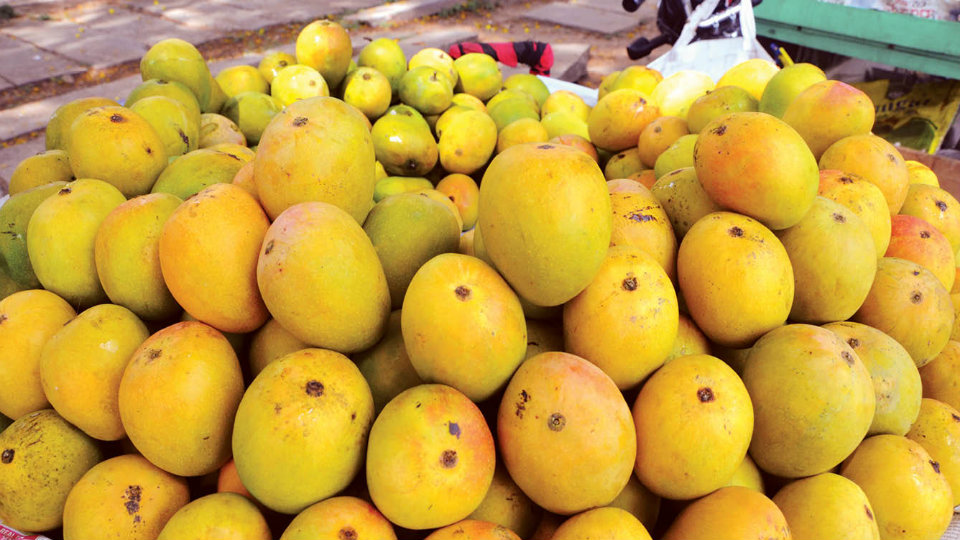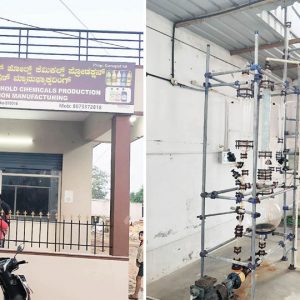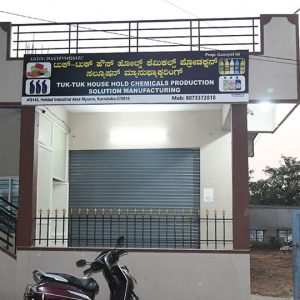FSSAI, Mysuru office forms four teams to inspect quality of fruits at the markets
Mysore/Mysuru: Mango, popular as the ‘King of Fruits’ has hit the market, but to cash in on the demand, the traders are deploying artificial ripening method by using calcium carbide chemical, which is a matter of grave concern. Taking into cognisance, the illicit methods adopted by the traders to ripen the fruit that affects the health of consumers, the Food Safety and Standards Authority of India (FSSAI) has issued a order warning them against using chemicals in the process of ripening the fruit.
It is that time of the year when the ubiquitous mangoes of different varieties like Badami, Raspuri, Mallika, Thotapuri, Alphonso, Neelam, Malgoa among others adorn the shelves at stalls, attracting the customers having a taste for the juicy fruit.
Earlier, mango was ripened in a natural method by spreading the fruits in large quantity among the paddy straws. Apart from the taste and flavour, there was no harm to health. But, it is vice-versa as the present day traders want to make a fast buck and hence they opt for artificial methods than the natural method that takes a maximum of four days for the fruit to ripen.
Chemical process
Acetylene is a flammable gas produced by reacting calcium carbide with water or as a secondary product from ethylene production.
The consumption of chemically ripened mango causes mouth ulcer, inflammation in nose, vomiting, dizziness, tiredness, skin disease, kidney failure among others. It sometimes also leads to inflammation in the skin, but still the traders care a hoot over the health of the customers.
China product
Amid this, as an alternative remedy, FSSAI recommends Ethylene Ripener, but notably the traders prefer Chinese product than the Indian. The country made Ethylene Riper comes at a higher cost than that of the China though it is of sub-standard quality.
According to Food Safety and Standards (Prohibition and Restriction of Sales) Regulation 2011, there is a ban on using calcium carbide. The FSSAI Act 2006 mandates the States and Union Territories (UT) to take action against the violators in compliance with the law.
Raveendra, Head of FSSAI, Mysuru, said: “A drive against traders using calcium carbide to ripen mango and other fruits will be launched from today. The prevailing ban on using chemicals to ripen the fruit is to control the possibilities of ill-effects on health of the consumers. Four teams have been constituted to check the quality of fruits at Devaraja Market and other markets and will collect the sample of the fruits. If the chemical content is found in the fruits, it will be sent to laboratory for test and further action will be taken on the direction of the Senior Officers, if the report is positive for chemical content in the fruits.”








Recent Comments